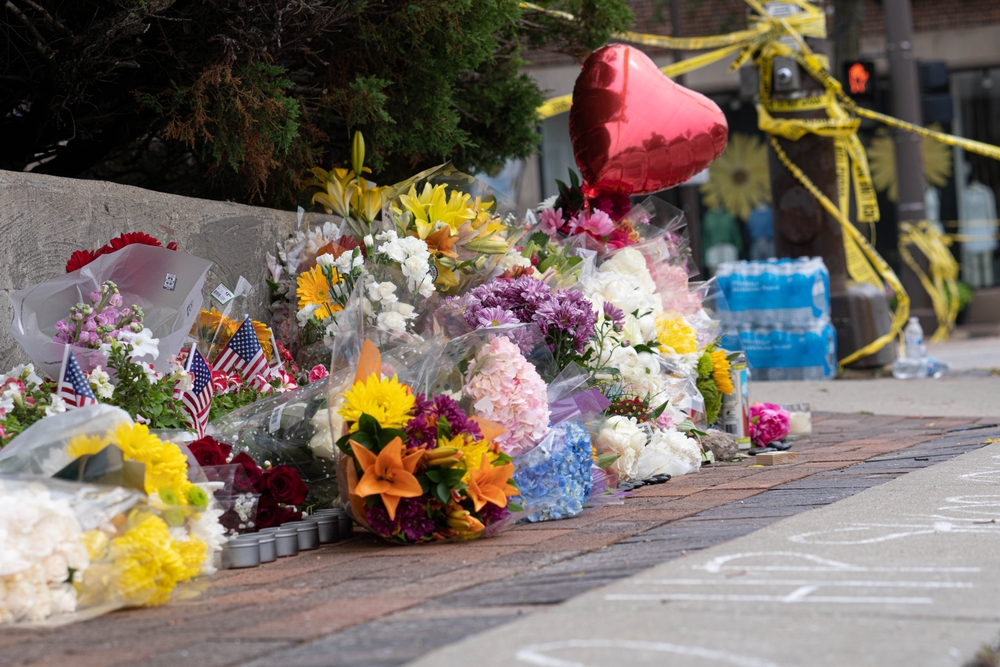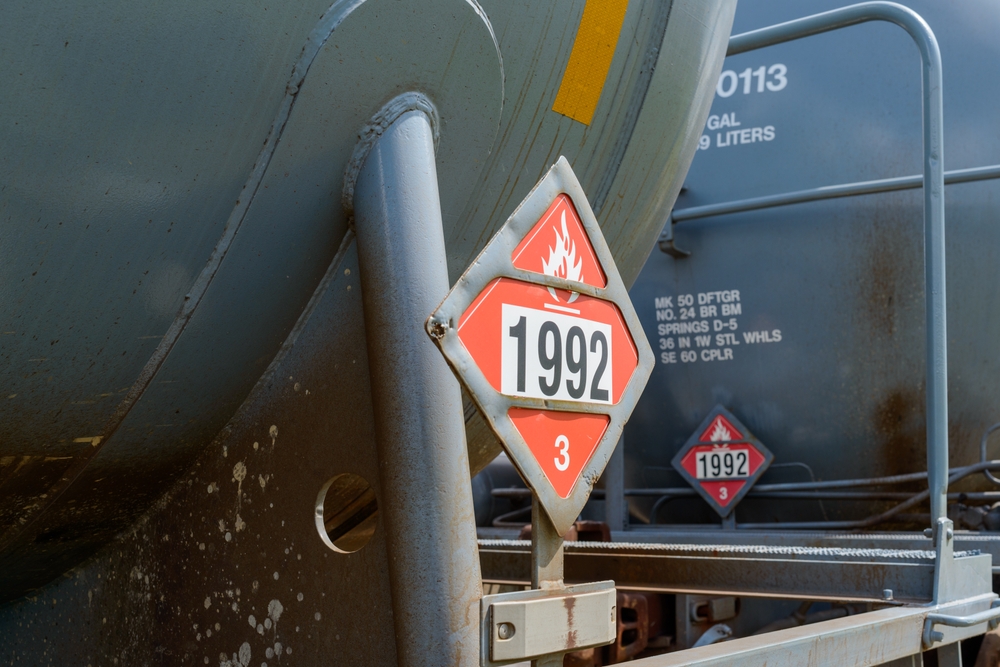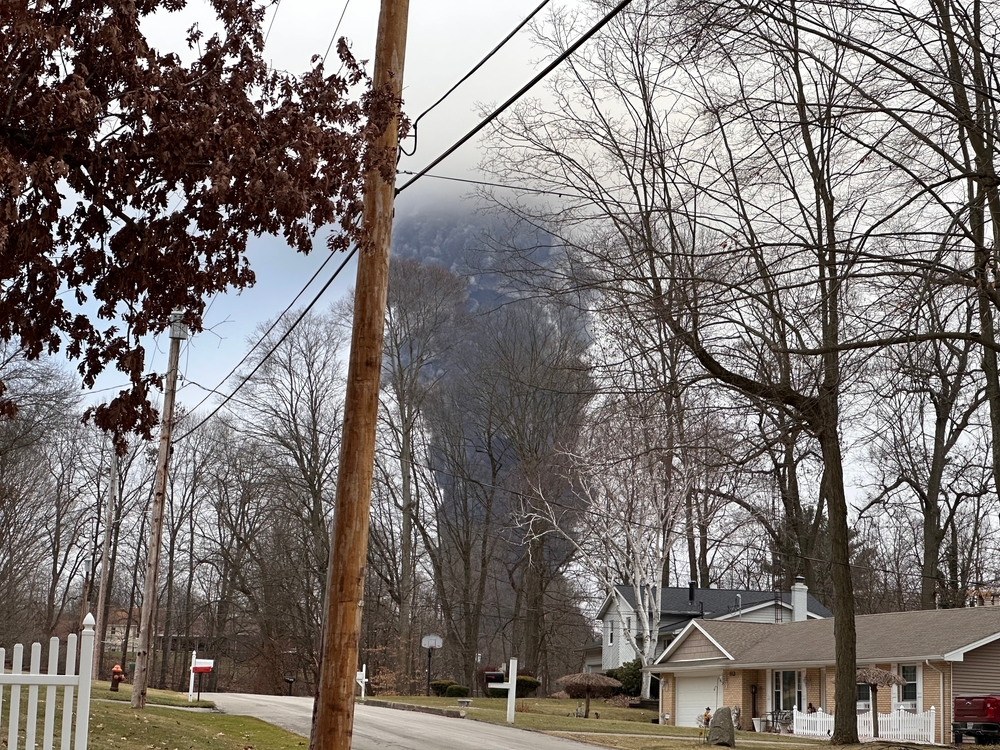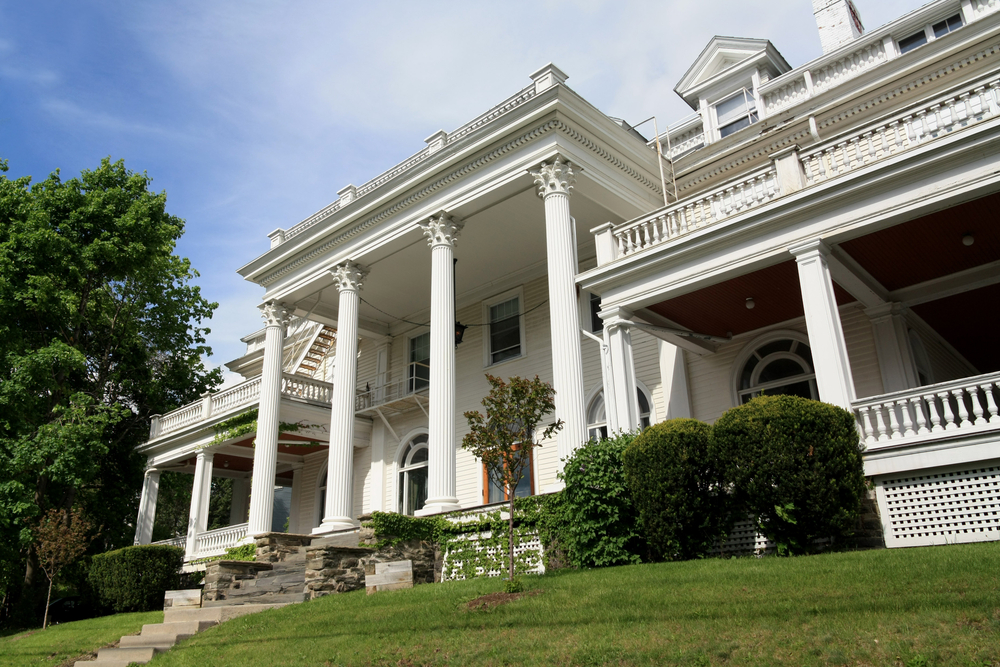In Illinois, you must be 21 years old in order to apply for a gun permit. But in 2019, Robert E. Crimo III was too young to apply independently for a gun license. His father sponsored the application, which gave his son access to purchasing and owning weapons. The Illinois State Police reviewed the application and determined there was no reason to deny the application. After all, Crimo had no serious mental health issues, no criminal record, no arrests, no orders of protection, and no other behavior that would disqualify his application.
On July 4, Crimo opened fire at an Independence Day parade and celebration, killing seven people and wounding more than 30. By the time Crimo had access to weapons through his co-sponsored application, he had already encountered law enforcement authorities twice. In April 2019, Crimo attempted suicide using a machete. Law enforcement officials note that Crimo had a history of suicide attempts. Later in September 2019, law enforcement officials returned to the family home after he allegedly threatened to kill everyone in his family. His family declined to press charges or seek a restraining order. This step could have prevented Crimo from purchasing weapons for two weeks to six months. It is reported that Crimo had 16 knives, a sword and a dagger. Law enforcement officials took these weapons, and Crimo’s father went to the police station and claimed the weapons belonged to him and that he would store them securely. A few months later, Crimo was approved for a firearms permit.
After a mass shooting, those who survive and family members of those who were killed look for meaning and justice for their family members. Legal avenues can be one way in which justice is found. However, legal experts warn that it is very challenging to place criminal charges against a mass shooter’s parent or guardian.
Advocates believe that exploring civil lawsuits may have a higher rate of success. The burden of proof required for a civil lawsuit is lower than the burden of proof required in criminal cases. In the case of parents facing criminal charges, juries and judges must agree that reasonable doubt had been established to find parents or guardians responsible. This process can be difficult to prove as there may not be mounting evidence of parental roles in mass shootings. Warning signs may exist but may not be explored until the unthinkable happens.
Civil Lawsuits Against Parents of Mass Shooting Suspects
Many advocates argue that “we wouldn’t have school shootings if children couldn’t access guns.” Rhonda Hart, the parent of Kimberly Vaughan, who was killed in a mass shooting at Santa Fe High School in Texas, shared this statement with Time magazine. Countless others have repeated this statement in various forms for years. After losing her daughter when a 17-year-old opened fire on May 18, 2018, the accused shooter was charged with capital murder. Hart sought to place blame on the shooter’s parents. She sued them when prosecutors did not pursue criminal charges against the shooter’s parents. In the civil lawsuit, she alleged that the shooter’s parents “knew that their son was at risk of harming himself or others” but “did not do even the bare minimum” to ensure that their son could not access weapons. This lawsuit is before the courts.
Related: Can Lawsuits Be Filed Against Uvalde Gun Maker
Parents of school shooters are rarely held accountable for their actions or inactions. That trend could be changing. On December 3, 2021, in Oakland County, Michigan, the prosecutor announced that she was charging the parents of Ethan Crumbley, who allegedly shot and killed four classmates on November 30. Karen McDonald, a prosecuting attorney for Oakland County, shared that Crumbley’s parents could have stopped the shooting at Oxford High School but failed to act on several warning signs. The day before, Crumbley was caught searching for ammunition on his device during class. The school alerted his mother. Instead of acting, his mother conveyed that he needed to “learn not to get caught.” Several other incidents on the morning of the shooting alarmed school administrators, but his parents failed to act.
According to the Giffords Law Center, 70-90% of guns used in youth suicides, unintentional shootings and school shootings by those under 18 are taken from their home or the homes of friends or relatives. It is estimated that 4.6 million minors live in homes with at least one unlocked, loaded firearm. Over the last 20 years, studies have found that when guns are stored safely and securely and out of the reach of those under 18, suicide and unintentional gun deaths and injuries amongst minors are reduced up to 54%.
In the U.S., it is difficult but not impossible to determine whether parents and guardians are responsible when their children take the lives of others and injure others in mass shooting tragedies. While criminal charges are rare, civil lawsuits against parents and guardians are growing. As those mourn their loved ones and seek justice, the potential for civil lawsuits against mass shooters’ parents continues to grow in size.














